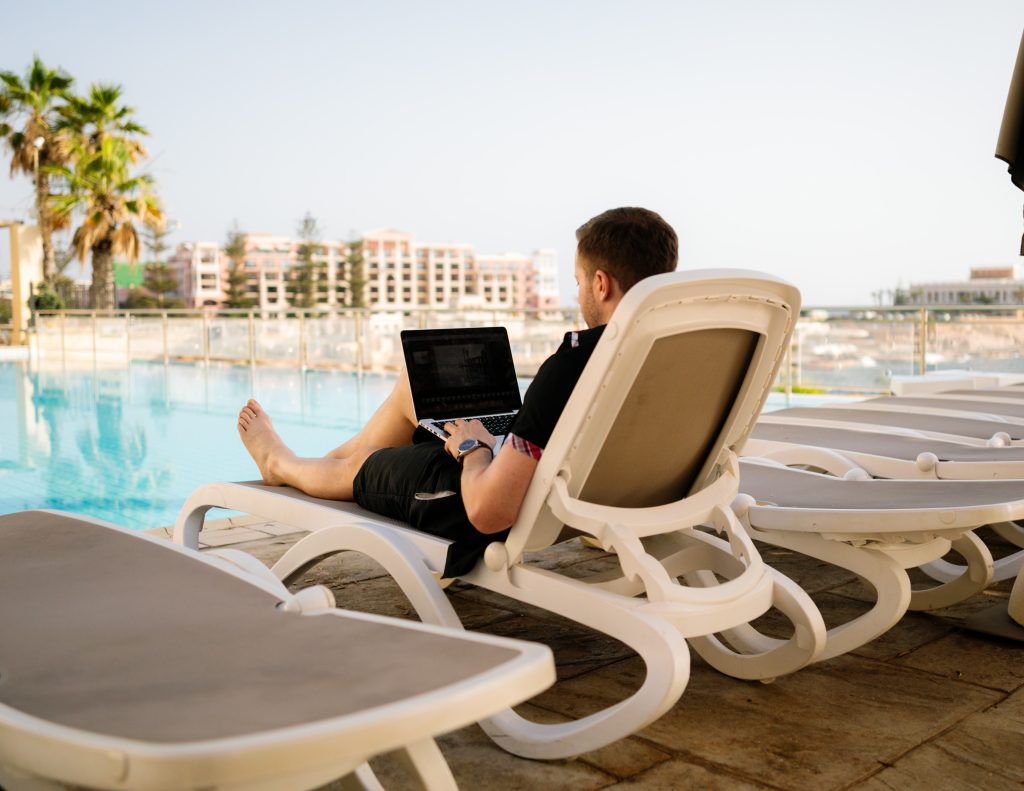
Every member of the British public has been subjected to lockdowns and tiers for nearly a year now. No one has a free pass. Whether you’re in the top 1% of wealthy citizens or you’re just one of the millions of the rest of us, these legally-binding rules apply to you. There is no level of privilege that can counteract this fundamental fact.
It makes no difference whether you’re holed up in your £4 million pound estate in Cornwall (*Coughs* Gordon Ramsay), or in over-priced student accommodation: you’re expected to follow the rules. This may not feel fair to the physically healthy student being told to socialise no more to contain a virus they assume they’d get over. But that’s the thing about lockdown: its uniformity affects everyone differently. If you’re on the front-line, the reality is slapping you in the face constantly. But for those of us privileged enough to be at a remove from the cases and the death toll, draconian lockdowns can start to feel like vehicles running over our lives, flattening our serotonin and back-benching calls for adequate financial and mental support.
Lockdowns and tiers only work if people, and especially those of us at that remove, have faith in a core principle of democracy: every life has worth, and it is our joint responsibility to preserve life where possible. Lockdown is about empathy, right? And empathy in government is inherently democratic. Yes, democracy is currently being used to enforce bureaucratic rules, but it is in the greater pursuit of that very democracy.
However, there is a portion of the population that continues to defy tier rules, despite the very blatant government message not to. I’m not talking about anti-vaxxers or ‘Covid is a hoax’ indulgers, I’m talking about celebrities. More specifically, reality stars and influencers.
After the pre-Christmas lockdown was imposed on London, countless reality-stars-turned-influencers fled the city. To name a few: Amber Rose, Vogue Williams, Spencer Matthews, Kady McDermott, Amber Turner, Chloe Ferry and the list goes on (with a particularly impressive contribution from Love Island and TOWIE alumni). Now, the truth is that many people did flee London, i.e. break the rules, sometime around the 20th. But most of those people do not have platforms that reach up to millions of people. Daily Mail doesn’t care if your average millennial flees London; it does if Vogue Williams does. The impressionable teen, in two minds about attending a house party, doesn’t care if a random twenty-something breaks the rules, but I bet she’ll listen when Zara McDermott does.
Initially, I wondered if reality stars should be held to a higher standard compared to the rest of us, but if your livelihood is Instagramming your reality and influencing via your actions, surely the power comes with a responsibility. The life of a successful reality star is contingent on audience engagement; they get to lead a privileged existence only because of the fans who view their stories and buy their merch and like their posts. They have to stay relevant, likeable and marketable to this audience. Privacy does not reconcile with the pursuit of reality fame and if the person is okay with that and they use that platform with care, then great! The problem arises when influencers decide to use the financial means that come along with their status to book last-minute tickets to Dubai or St Barts and then expect not to be held accountable for breaking the rules (a common excuse, which is the equivalent to saying ‘the dog ate my homework’, is that ‘they didn’t know what the rules were’). Not good enough at the best of times, let alone in a global pandemic.
This extends to members of the British celebrity circle at large. Rita Ora threw herself a ‘last-minute’ 30th birthday party in a Notting Hill restaurant on the 28th November. To make matters worse, she was also supposed to be isolating after a trip to Egypt. Outside of the ‘It’s a pandemic, remember? And this is illegal even if you’re rich, remember?’ part, this is just such a tone-deaf decision to make. Kay Burley’s 60th birthday celebration struck a similar chord. Of course, they have both suffered consequences, with Rita Ora being fined £10,000 and Kay Burley being temporarily suspended from Sky News. However, the problem lies in the fact that their privilege made them believe, foolishly, that the rules didn’t apply to them. At least not to the same extent as the rest of us. If I even just consider the money it takes to rent out a whole swanky restaurant in central London I’ll start hyperventilating, let alone the absolute delusion one must be under to think their celebrity can make them immune to tiers and lockdowns.
The irony in this is that celebrities hold more influencing power than ever: people are locked up and bored, many of us are spending more time online than ever (I’m pretty sure I hit a sad six hours on Instagram one day last week). Influencers and reality stars will always hold a power, but when society is at its most vulnerable, and thus most impressionable, their influencing power only increases. Breaking lockdown or tier rules is a decision that will affect more people than just those they’re in physical contact with.
